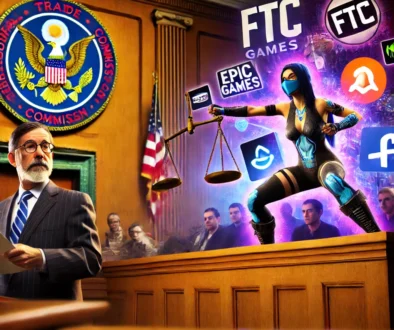Pandora Switches to Interactive Streaming, Leaving Artists in the Dust
Pandora first made a name for itself as an internet-radio service, and in recent years has evolved into an on-demand streaming service. They officially made the change when they stopped paying into SoundExchange, the organization established to collect digital performance royalties for non-interactive streams of sound recordings. This change may seem innocuous, but it has a massive impact on the way royalties are earned by and paid out to recording artists. And, unfortunately, and unsurprisingly, artists are the ones losing as a result of the change. In many cases, entire royalty streams for artists have completely disappeared — essentially overnight.
Here’s what happened, on the legal side:
 For non-interactive streaming (i.e. internet-based radio, satellite radio), royalties for sound recordings (“masters”) are earned every time a song is played – and then paid, under the terms of a compulsory license provided by the Copyright Act, to SoundExchange.
For non-interactive streaming (i.e. internet-based radio, satellite radio), royalties for sound recordings (“masters”) are earned every time a song is played – and then paid, under the terms of a compulsory license provided by the Copyright Act, to SoundExchange.
Interactive streaming (i.e. Apple Music, Spotify, Tidal, etc. – “DSPs”), where users can select which song to play, and skip a song if they want to, are *not* subject to the compulsory license. As a result, the DSPs negotiate licenses for the use of masters directly with record labels.
When SoundExchange receives license payments from Pandora, the money is split in accordance with SoundExchange’s standard payment structure, with 50% going to the record label or rights owner, 45% going to the featured artist, and 5% going to a special fund managed by SAG-AFTRA and the American Federation of Musicians. Artists are guaranteed to receive their portion, and labels cannot modify this.
When labels negotiate directly with interactive DSPs, 100% of the money goes to the label, and then the label pays artists in accordance with their respective record deals. In many cases, artists’ accounts are unrecouped, so the label keeps the money to pay off expenses incurred on the artist’s behalf.
When Pandora switched from non-interactive to interactive, an enormous portion of the royalties they previously paid to SoundExchange suddenly went to the labels, taking the money directly out of the artists’ hands.
—
Of course, Pandora, like any other company, is free to evolve and keep up with changing consumer preferences, and modify its business model as it sees fit. But don’t principles of ethics and corporate responsibility require that they provide some sort of notice, before eliminating a substantial source of income for the artists whose music is played on the service? Do you think Pandora should have been more transparent about this change?
How can we address this kind of issue in the future, when a SoundExchange-licensed compulsory licensee no longer needs their license and shifts to an interactive-streaming model? MMF’s (Music Managers Forum) division is working on this from the artist/manager angle, but perhaps we need labels and other stakeholders to get involved as well? What about SoundExchange’s role — could they implement a regulation that terminating licensees give stakeholders a public notice?
Read more: https://www.billboard.com/pro/universal-music-pandora-royalties-policy-change/
Holon Law Partners has 100+ years of experience combined guiding clients through complex cases and legal intricacies. Our approach is empathetic, customized, and client-centered with a focus on you and your unique business needs. To schedule a consultation with us, call our team at (866) 372-0726 or email us at: info@holonlaw.com.



